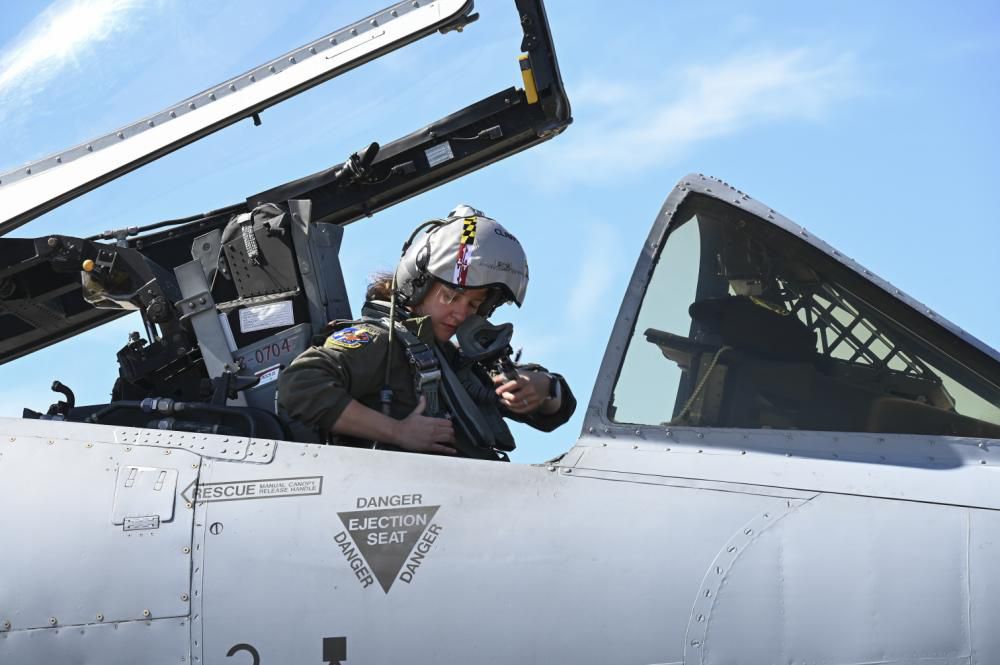
:quality(70)/cloudfront-us-east-1.images.arcpublishing.com/archetype/3JLMFXLLPBASJMJIWTQ436ODQQ.jpg)
Amid a long-standing push by National Guard officials to make TRICARE free for their troops, Maryland lawmakers want to reimburse premiums for their Guardsmen and military families.
More than half of the state’s House of Delegates members — 72 of them — are co-sponsoring the “Healthcare for Heroes Act,” introduced Thursday at Gov. Wes Moore’s request.
If passed, the bill will use state funds to reimburse monthly premium payments that Maryland National Guard members make for TRICARE Reserve Select or TRICARE Dental. The two insurance programs are available to non-active duty members of the National Guard and other drilling reserve components, and their respective monthly premiums to cover a service member and immediate family are $239.69 and $89.53.
The program, which would cost around $5 million in state funds annually according to a press release from Moore’s office, would likely be the first of its kind, according to research by Military Times.
Moore’s top press secretary Brittany Marshall pointed at the Guard’s efforts throughout the pandemic and beyond, and said the law is intended to ensure those “who have stepped forward to serve our state and nation don’t have to make the difficult decision between healthcare premiums and other necessary expenses.”
The move also comes after years of lobbying from top National Guard Bureau officials for Congress to eliminate TRICARE Reserve Select in favor of offering free year-round healthcare to Guard and other reserve troops.
TRICARE Reserve Select first became available for non-activated troops in 2004, according to a Congressional Research Service report. Despite the plan’s relative affordability, bureau officials have repeatedly said that approximately 60,000 members of the National Guard don’t have health insurance. The officials speculated it could help with recruiting.
RELATED
:quality(70)/cloudfront-us-east-1.images.arcpublishing.com/archetype/QD5IJ6JF7VDDTBC2UGGXOCUSKY.jfif)
Gen. Daniel Hokanson, who became the bureau’s top general in 2020, argued that the lack of insurance also poses a readiness issue in an August 2022 interview with Military Times.
“The last thing we want is to get mobilized and then somebody say, ‘Hey, I’ve had this injury, but I haven’t had health insurance to get it addressed,’” the general said. He highlighted the importance of dental insurance as well.
Some members of Congress have introduced legislation in both the House and Senate that would address the gap, but nothing has survived the legislative process thus far. One obstacle is cost: Hokanson noted in August that providing no-fee TRICARE to non-activated troops nationwide could cost more than $700 million annually.
But if Maryland’s measure becomes law, other states could potentially follow suit, distributing the cost.
Air Force Times senior reporter Rachel Cohen contributed reporting to this article.
Davis Winkie is a senior reporter covering the Army, specializing in accountability reporting, personnel issues and military justice. He joined Military Times in 2020. Davis studied history at Vanderbilt University and UNC-Chapel Hill, writing a master’s thesis about how the Cold War-era Defense Department influenced Hollywood’s WWII movies.

